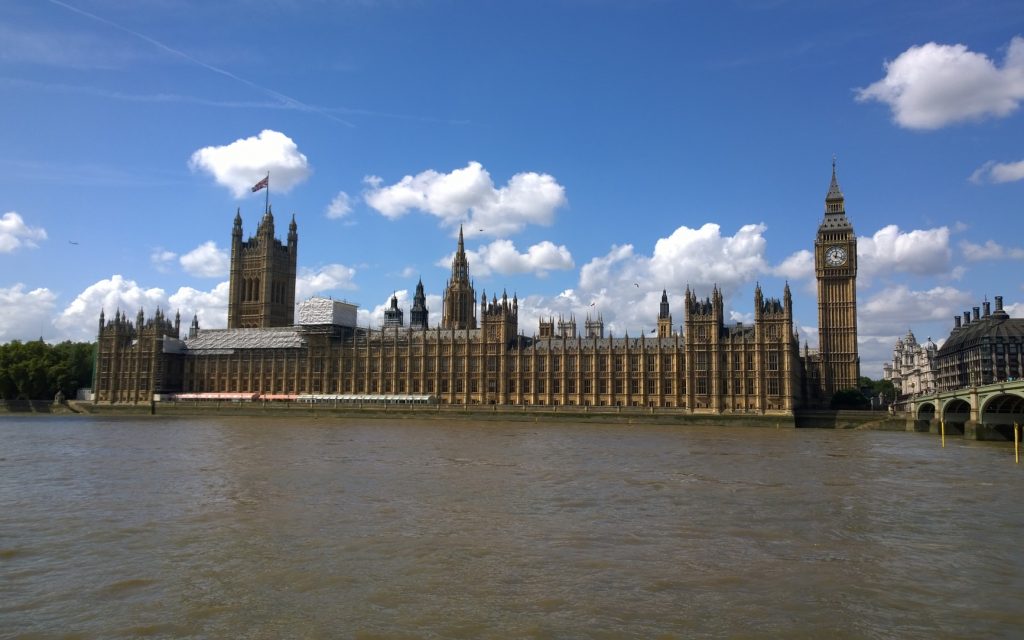 Housing
Housing 
As most people will know the bedroom tax came into operation in April 2013.
It introduced new rules for people claiming housing benefit (HB). There is now a limit on the number of bedrooms housing benefit will help pay for, and people are not able to obtain HB to pay for all of the rent if their home has a “spare bedroom”. A home that is deemed to have spare bedrooms will sees somebody’s HB reduced and the tenant will have to pay the landlord the balance.
As one might expect, national campaign groups and Human Rights lawyers have taken cases to the High Court challenging the principles upon which the tax was based. The lead case is R (on the application of M A and Others) vs the Secretary of State for Work and Pensions. It argued that the HB regulations are unlawful and that they failed to make provision for disability needs generally. However the argument failed in the High Court and also, in early 2014, in the Court of Appeal. There are a number of Article 8 human rights related cases in the pipeline (right to respect for private and family life), but most commentators agree that these are something of a “long shot”.
Rather than the High Courts, the humble First Tier Tribunals (FTT) have been surprise champions of claimants in bedroom tax litigation. A wide variety of cases have been reported as succeeding, for example:
- Westminster (September 2013) a disabled tenant’s appeal was upheld because a Judge accepted that a room was being used to store medical equipment.
- Liverpool (January 2014) the appeal was successful on the basis that the two so–called bedrooms were too small.
- Aberystwyth (January 2014) – the Tribunal accepted the argument that the husband’s disabilities were such that the couple could not share a bedroom.
One of the most important cases that went onto the Upper Tier Tribunal (UTT) is that of Bolton MBC (2014).
In this case the Applicant suffered from COPD. His wife had disabilities as well and they slept in separate rooms. The Applicant’s daughter was his carer. She stayed overnight 3 or 4 times a week normally sleeping on a portable bed in the lounge. The Council said that his HB should be based on just one bedroom as his daughter did not actually occupy an actual bedroom. The Applicant wanted the room where his daughter slept to be counted as a bedroom. The UTT held that as it was sometimes used as a bedroom, the room was indeed a bedroom.
The FTTs and UTT have proved to be far more lenient than was expected.
Therefore people should be encouraged to appeal. The cost of a Tribunal falls to the Government to bear – it is estimated that a Tribunal costs around £1,500 per case. These costs should significantly outweigh the maximum bedroom tax saving to the Government and with Claimants having effectively 13 months to appeal, many cases are bound to be still in the pipeline. Effective campaigning and ensuring that tenants are aware of their rights, how to appeal and the key legal arguments will not only see a reasonably large proportion of the appeals being successful, but will be likely to clog up the Tribunal service system, causing substantial costs ultimately to the Government.
This is a good indication of the unintended consequences of poorly thought–out legislation.
Michael Imperato is Senior Associate of Watkins & Gunn Solicitors


